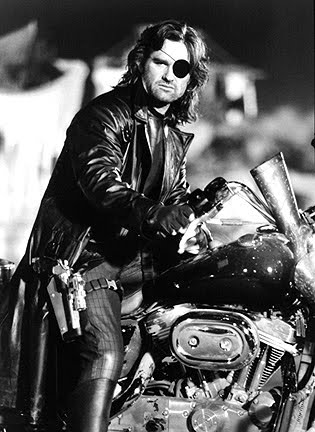PYONGYANG, North Korea - If there was ever any doubt about what happened to the only U.S. Navy ship that is being held by a foreign government, North Korea has cleared it up. It's in Pyongyang. And it looks like it's here to stay.
With a fresh coat of paint and a new home along the Pothong River, the USS Pueblo, a spy ship seized off North Korea's east coast in the late 1960s, is expected to be unveiled this week as the centerpiece of a renovated war museum to commemorate what North Korea calls "Victory Day," the 60th anniversary this Saturday of the signing of the armistice that ended hostilities in the Korean War.
The ship is North Korea's greatest Cold War prize. Its government hopes the Pueblo will serve as a potent symbol of how the country has stood up to the great power of the United States, once in an all-out ground war and now with its push to develop the nuclear weapons and sophisticated missiles it needs to threaten the U.S. mainland.
Many of the crew who served on the vessel, then spent 11 months in captivity in North Korea, want to bring the Pueblo home. Throughout its history, they argue, the Navy's motto has been "don't give up the ship." The Pueblo, in fact, is still listed as a commissioned U.S. Navy vessel, the only one being held by a foreign nation.
Already more than 40 years old and only lightly armed so it wouldn't look conspicuous or threatening as it carried out its intelligence missions, the USS Pueblo was attacked and easily captured on Jan. 23, 1968.
Surrounded by a half dozen enemy ships with MiG fighter jets providing air cover, the crew was unable to put up much of a fight. It scrambled to destroy intelligence materials, but soon discovered it wasn't well prepared for even that.
A shredder aboard the Pueblo quickly became jammed with the piles of papers anxious crew members shoved into it. They tried burning the documents in waste baskets, but smoke quickly filled the cabins. And there were not enough weighted bags to toss all the secret material overboard.
One U.S. sailor was killed when the ship was strafed by machine gun fire and boarded. The remaining 82, including three injured, were taken prisoner. The North Koreans sailed the Pueblo to the port of Wonsan.
For the survivors, that's when the real ordeal began.
"I got shot up in the original capture, so we were taken by bus and then train for an all-night journey to Pyongyang in North Korea, and then they put us in a place we called the barn," said Robert Chicca of Bonita, Calif., a Marine Corps sergeant who served as a Korean linguist on the Pueblo. "We had fried turnips for breakfast, turnip soup for lunch, and fried turnips for dinner. ... There was never enough to eat, and personally I lost about 60 pounds over there."
North Korea responded by putting members of the crew before cameras to confess publicly. The crew members planted defiant codes into forced letters of confession and extended their middle fingers in images sent around the world. That led to further beatings when the North Koreans figured out the gesture's meaning.
On Dec. 21, 1968, Maj. Gen. Gilbert H. Woodward, the chief U.S. negotiator, signed a statement acknowledging that the Pueblo had "illegally intruded into the territorial waters of North Korea" and apologizing for "the grave acts committed by the U.S. ship against" North Korea. Both before and after, he read into the record a statement disavowing the confession.
The hostages were released across the Demilitarized Zone that divides the two Koreas two days before Christmas - 335 days after their capture.
The Navy considered a court-martial for the ship's captain, Cmdr. Lloyd M. "Pete" Bucher, for letting the Pueblo fall into enemy hands without firing a shot and for failing to destroy much of the ship's classified material. But he was never brought to trial. John H. Chafee, secretary of the Navy at the time, said Bucher and the other crew members "had suffered enough."
To this day, members of the Pueblo crew say Bucher made the right decision, though years later his second-in-command publicly questioned Bucher's decisions not to fight.
"It would have been nice to take out some of the guys, some of them, and maybe go down fighting, but it would have been total suicide," said Phares. "We never thought anything would happen, and we weren't supposed to create an international incident."
The planned display of the ship by North Korea hangs over the heads of the crew members who have long campaigned for its return.
"I'll never give up, but I don't think it's ever coming back," Phares said. "It's just unfortunate that we got put in that situation, and that the top brass blamed us, or blamed Bucher, for everything."



No comments:
Post a Comment